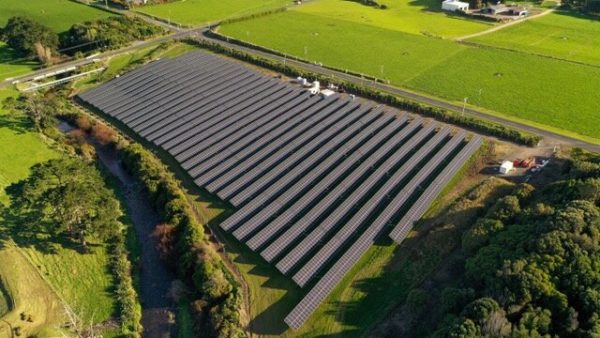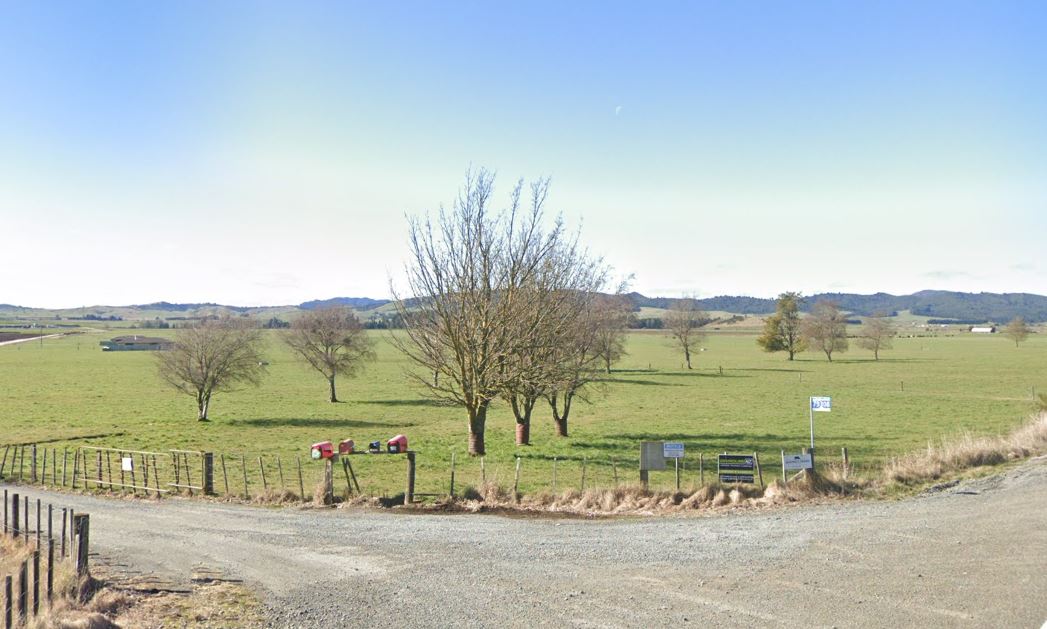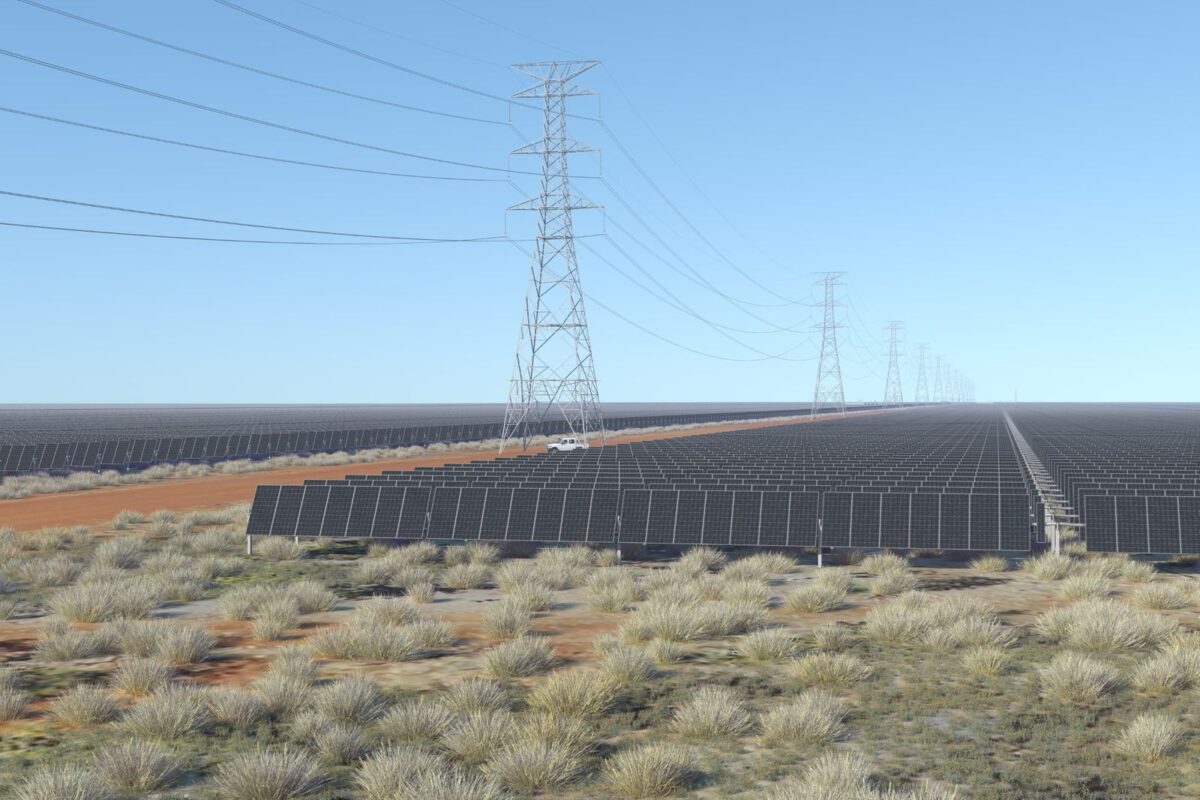Todd Generation, through subsidiary Nova Energy, plans to build what would be New Zealand’s largest solar farm on a 1,022-hectare dairy farm on the North Island but first the developer must clear a final hurdle.
After lodging land-use consents with the Taupō District Council and the Bay of Plenty Regional Council earlier this year seeking permission to convert the farmland into a solar facility, Todd Generation will have its application heard by an independent resource consent commissioner on Wednesday.
Todd Generation said, subject to a final investment decision to be made after the consenting process, it plans to “break ground on the 150 MW stage 1 in 2023, with operations commencing approximately 18 months later”.
The ~$530 million (NZ$600 million) project would comprise approximately 900,000 solar panels arranged across the 1,022-hectare site at Rangitāiki, about 35 kilometres southeast of Taupō. The company is also seeking approval to construct 98 centralised inverters, a switchyard, and transmission lines to connect the project to the national grid.
The Taupō solar farm is to be built in stages with all three phases expected to be completed and the facility fully operational by the last quarter of 2027.
Todd Generation said when complete, the project will generate about 650,000 MWh of clean energy per annum, contributing an approximate 1% increase to New Zealand’s renewable electricity generation capacity, enough to satisfy the electricity demands of approximately 100,000 homes.
“The Rangitāiki solar power plant represents a significant investment in New Zealand’s future renewable energy supply,” the company said.
Todd Generation projects and developments manager Christopher Pye said the proposed Taupō project will provide a significant contribution to the development of large-scale solar capacity in New Zealand and provide diversification of the country’s renewable electricity portfolio.
“Solar generation of meaningful scale does not yet exist in New Zealand,” he said. “However deployment is well demonstrated overseas and decades of experience now exist within the sector.
“New Zealand is now well placed to develop and operate high-quality solar electricity generation assets, building on the 10-plus years of experience in nearby Australia in particular.”

Image: Sunergise
While solar presently makes up less than 0.5% of electricity generation in New Zealand, the Climate Change Commission has estimated that the technology will need to grow to an estimated 19 GW and contribute 20% of electricity supply by 2050 for New Zealand to meet its net-zero carbon targets.
The Taupō project would be far and away the largest solar farm in New Zealand. It dwarfs the country’s largest existing solar farm, the 2.1 MW Kapuni plant in Taranaki, which is operated by Nova Energy and is more than double the capacity of a 150 MW farm being constructed at Christchurch Airport.
The Taupō project is one of a handful of utility scale solar farm projects in the pipeline across the country.
In April, Helios Energy, formed by a group of United States and New Zealand entrepreneurs, announced it would pursue grid-scale solar developments in New Zealand.
That announcement was followed by New Zealand’s Contact Energy teaming with Lightsource bp, the renewables arm of Britain-based BP, to announce plans develop a large-scale solar portfolio.
A month later German investment manager Aquila Capital partnered with Auckland-based renewables developer Far North Solar Farm (FNSF) to develop an estimated $1 billion suite of large-scale solar PV projects across New Zealand’s North and South islands.
This content is protected by copyright and may not be reused. If you want to cooperate with us and would like to reuse some of our content, please contact: editors@pv-magazine.com.









1 comment
By submitting this form you agree to pv magazine using your data for the purposes of publishing your comment.
Your personal data will only be disclosed or otherwise transmitted to third parties for the purposes of spam filtering or if this is necessary for technical maintenance of the website. Any other transfer to third parties will not take place unless this is justified on the basis of applicable data protection regulations or if pv magazine is legally obliged to do so.
You may revoke this consent at any time with effect for the future, in which case your personal data will be deleted immediately. Otherwise, your data will be deleted if pv magazine has processed your request or the purpose of data storage is fulfilled.
Further information on data privacy can be found in our Data Protection Policy.